Microsoft and Nokia pin mobile hopes on new Lumia
Software giant set to unveil the latest fruits of its smartphone technology tie-up with Nokia later.


Sign up today and you will receive a free copy of our Future Focus 2025 report - the leading guidance on AI, cybersecurity and other IT challenges as per 700+ senior executives
You are now subscribed
Your newsletter sign-up was successful
Nokia and Microsoft will take the wraps off the struggling European company's most powerful smartphone later today, in what may be their last major shot at winning back a market lost to Apple, Samsung and Google.
The world's largest software maker and the Finnish company that once dominated the cellphone market will showcase the device in New York and demo it for industry insiders about the same time in Helsinki.
Microsoft and Nokia hope the new Lumia will become a potent weapon in an escalating global mobile industry war.
There have to be more devices, and their features have to stand out more.
Google's Motorola Mobility intends to show off its latest smartphone on Wednesday, Amazon.com will unwrap new Kindle Fire tablets the day after, and Apple is expected to unveil the latest version of its seminal iPhone on September 12.
Samsung Electronics says it will sell its own Windows phone as early as next month.
The Lumia 920 and smaller Lumia 820 will run on the latest Windows Phone operating software, which Microsoft hopes will rival Apple's iOS and Google's Android to become a third mobile platform.
Sign up today and you will receive a free copy of our Future Focus 2025 report - the leading guidance on AI, cybersecurity and other IT challenges as per 700+ senior executives
If the new phones do not appeal to consumers, it could spell the end for loss-making Nokia and deal a serious blow to Microsoft's attempts to regain its footing in the market.
Leaked pictures of the two models show a similar look to Nokia's previous Windows phones, but analysts say these alone will not be enough to turn the corner.
"There have to be more devices, and their features have to stand out more. There has to be a 'wow' device," said Hannu Rauhala, analyst at Pohjola Bank, who cut his recommendation on Nokia's shares to "reduce" on Tuesday.
The stakes are high for both Nokia and Microsoft.
The Finnish handset maker has logged more than 3 billion euros ($3.8 billion) in operating losses in the past 18 months, forcing it to cut 10,000 jobs and pursue asset sales.
Its share of the global smartphone market has plunged to less than 10 percent from 50 percent during its heyday, before the iPhone was launched in 2007.
Windows phones have only captured 3.7 percent of the global smartphone market, according to Strategy Analytics. Android phones have 68 percent, while Apple has 17 percent.
For Microsoft, successful Lumia sales could convince more handset makers and carriers to support its Windows Phone 8 software, which promises faster performance and a customizable start screen.
Last week Samsung became the first to announce a smartphone running Windows Phone 8, at the IFA trade show in Berlin. But it was not able to provide the model to visitors at the show.
-
 AWS CEO Matt Garman isn’t convinced AI spells the end of the software industry
AWS CEO Matt Garman isn’t convinced AI spells the end of the software industryNews Software stocks have taken a beating in recent weeks, but AWS CEO Matt Garman has joined Nvidia's Jensen Huang and Databricks CEO Ali Ghodsi in pouring cold water on the AI-fueled hysteria.
-
 Deepfake business risks are growing
Deepfake business risks are growingIn-depth As the risk of being targeted by deepfakes increases, what should businesses be looking out for?
-
 Nokia hails success of Europe’s first commercial 5G cloud RAN deployment
Nokia hails success of Europe’s first commercial 5G cloud RAN deploymentNews Elise says its 5G cloud network puts it in a strong position during a move towards 6G
-
 Kyndryl and Nokia extend partnership to drive data center networking gains
Kyndryl and Nokia extend partnership to drive data center networking gainsNews The companies plan to offer more data center networking options aimed at enterprise customers
-
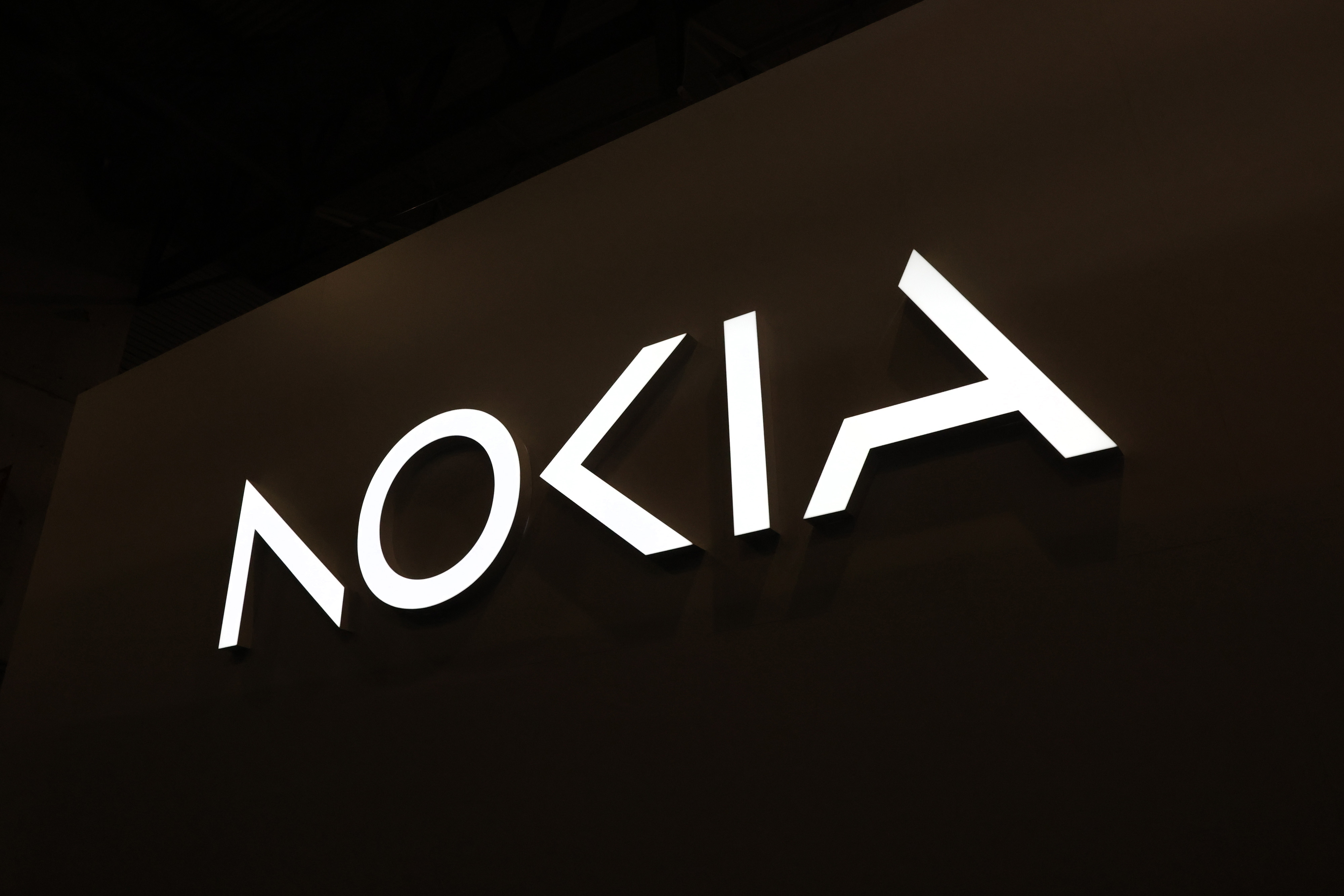 Dell and Nokia expand strategic partnership to drive network cloud transformation
Dell and Nokia expand strategic partnership to drive network cloud transformationNews The companies will leverage each other’s expertise and distribution to scale telecom networks and private 5G use cases
-
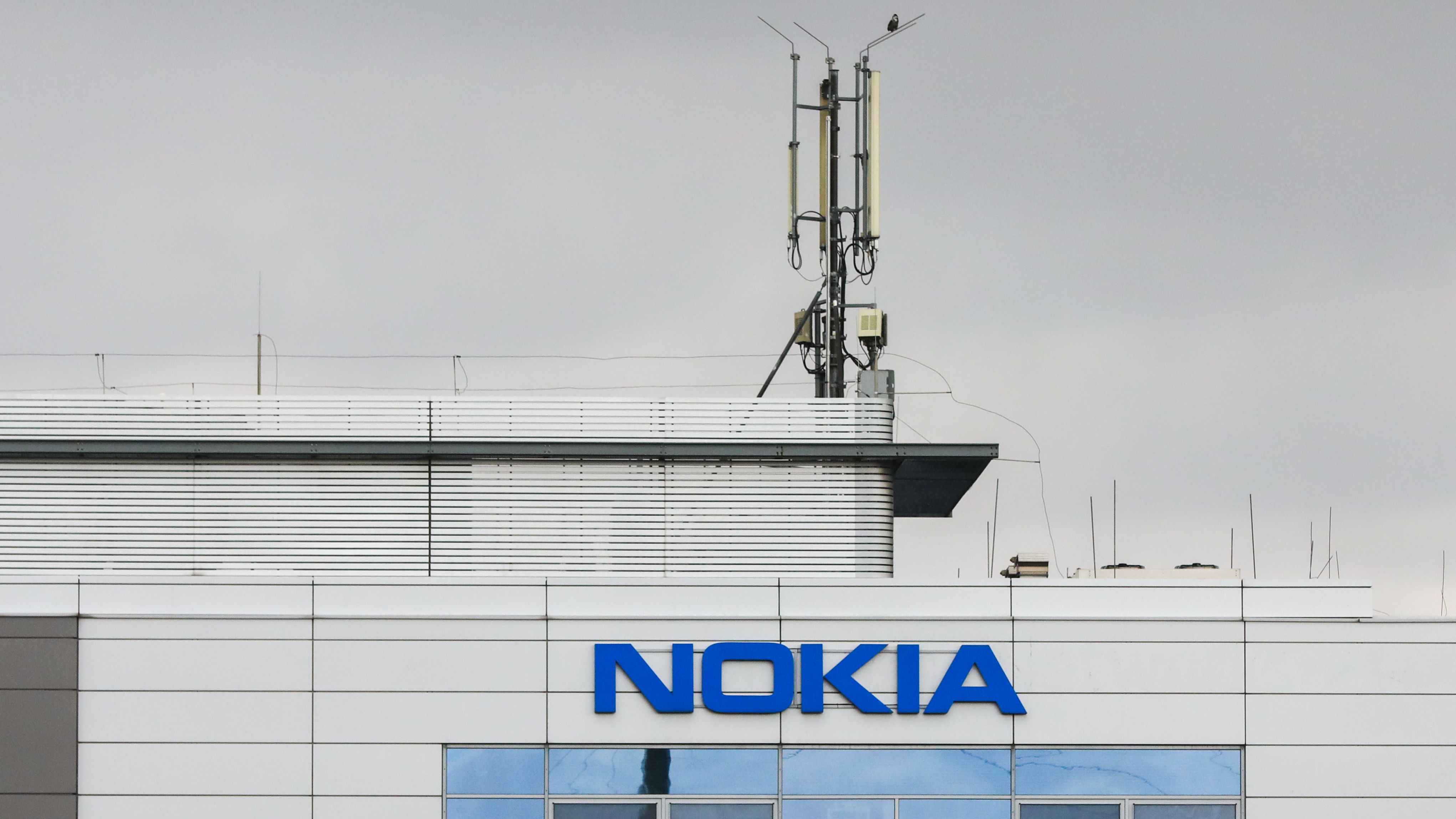 Nokia and Google score breakthrough in Android 13 network slicing
Nokia and Google score breakthrough in Android 13 network slicingNews Nokia's solution will allow devices to connect to multiple network slices simultaneously, provided by existing 4G and 5G operators
-
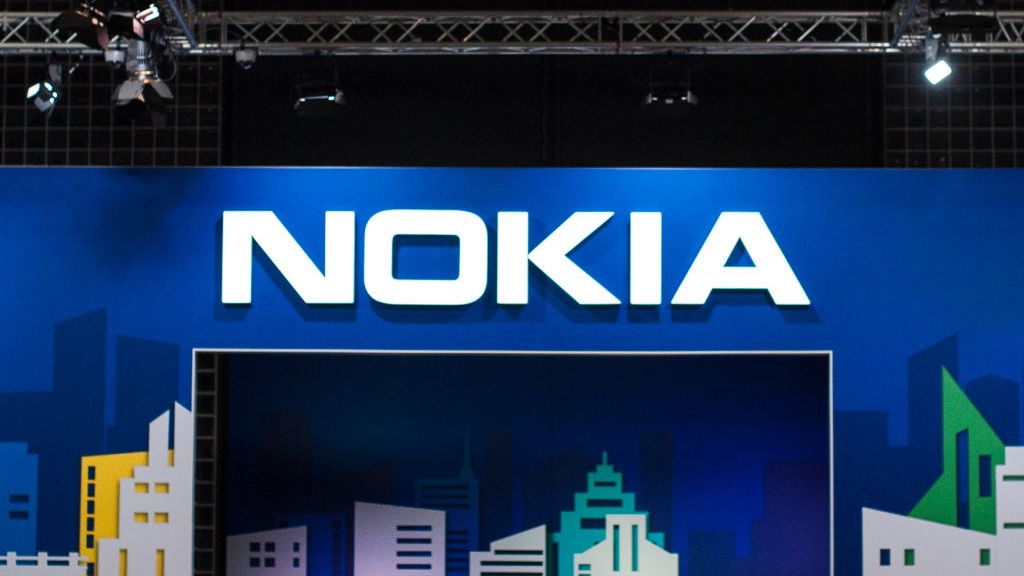 Nokia wins Indosat contract to expand 5G across Indonesia
Nokia wins Indosat contract to expand 5G across IndonesiaNews The deal will bring next-gen communication technology to customers across a 1.4 million square kilometre area
-
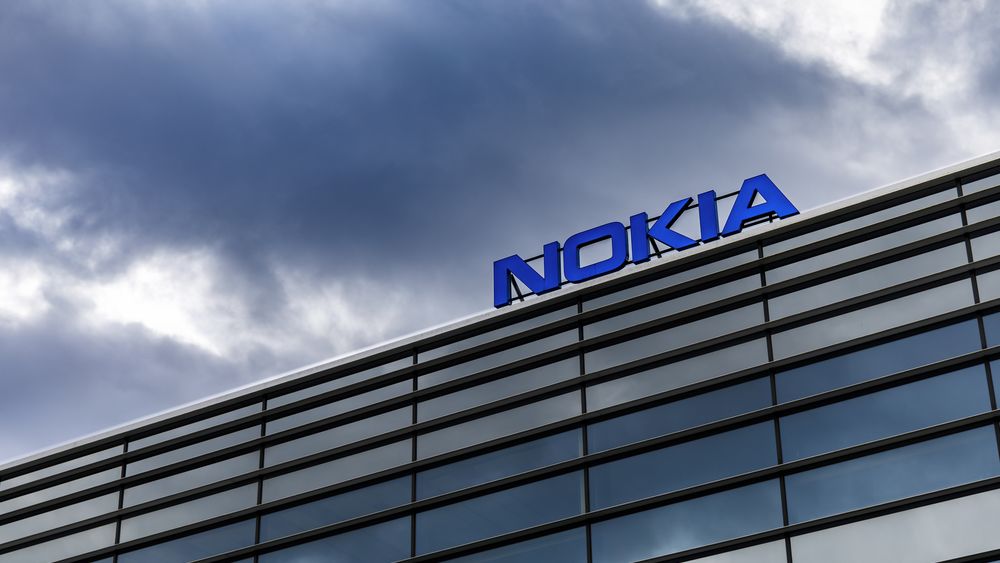 Nokia and Ligado partner on 4G, 5G enterprise private network
Nokia and Ligado partner on 4G, 5G enterprise private networkNews Nokia will leverage Ligado’s Band 24 spectrum to reach the US enterprise market
-
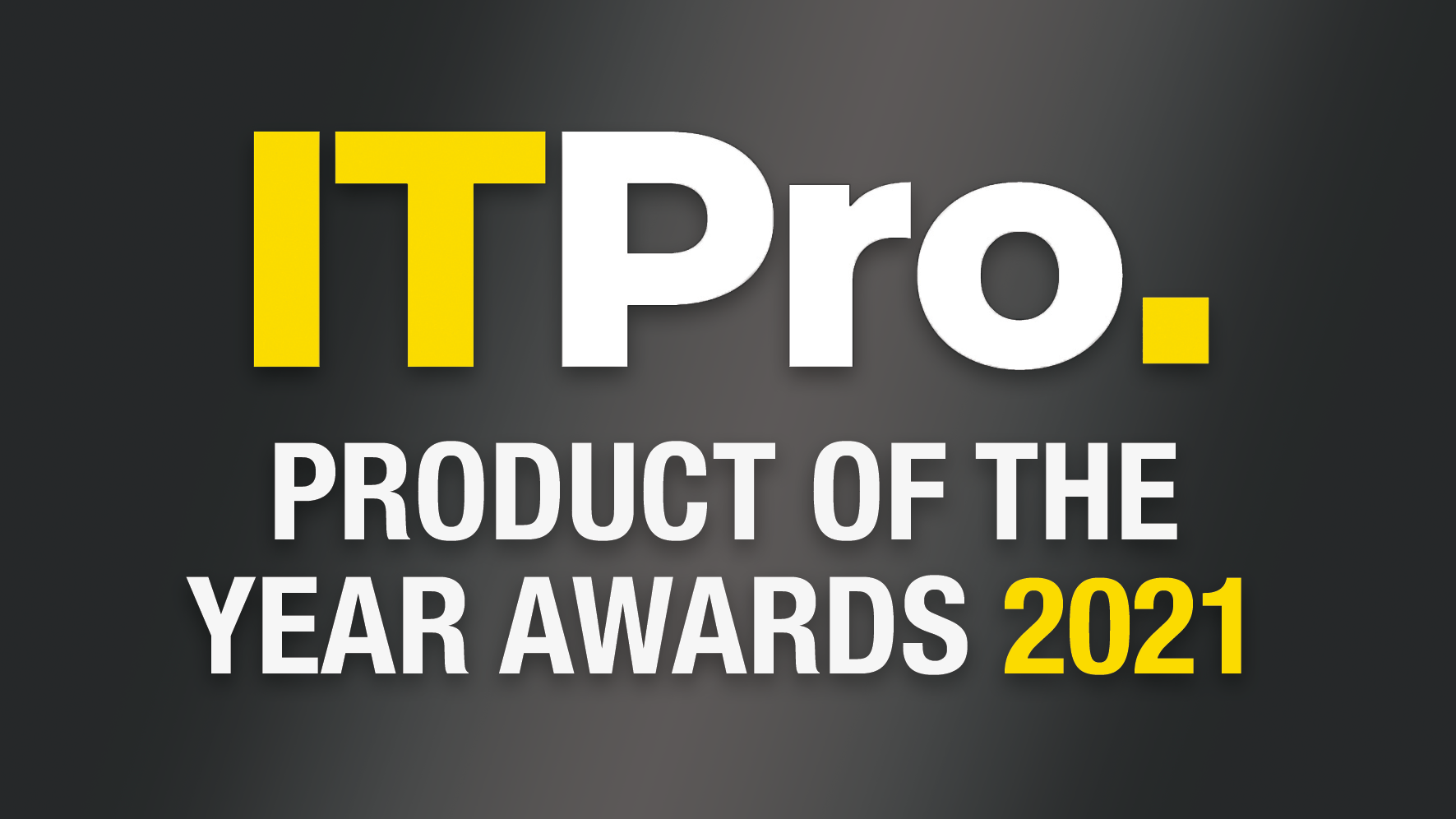 The IT Pro Products of the Year 2021: The year’s best hardware and software
The IT Pro Products of the Year 2021: The year’s best hardware and softwareBest Our pick of the best products from the past 12 months
-
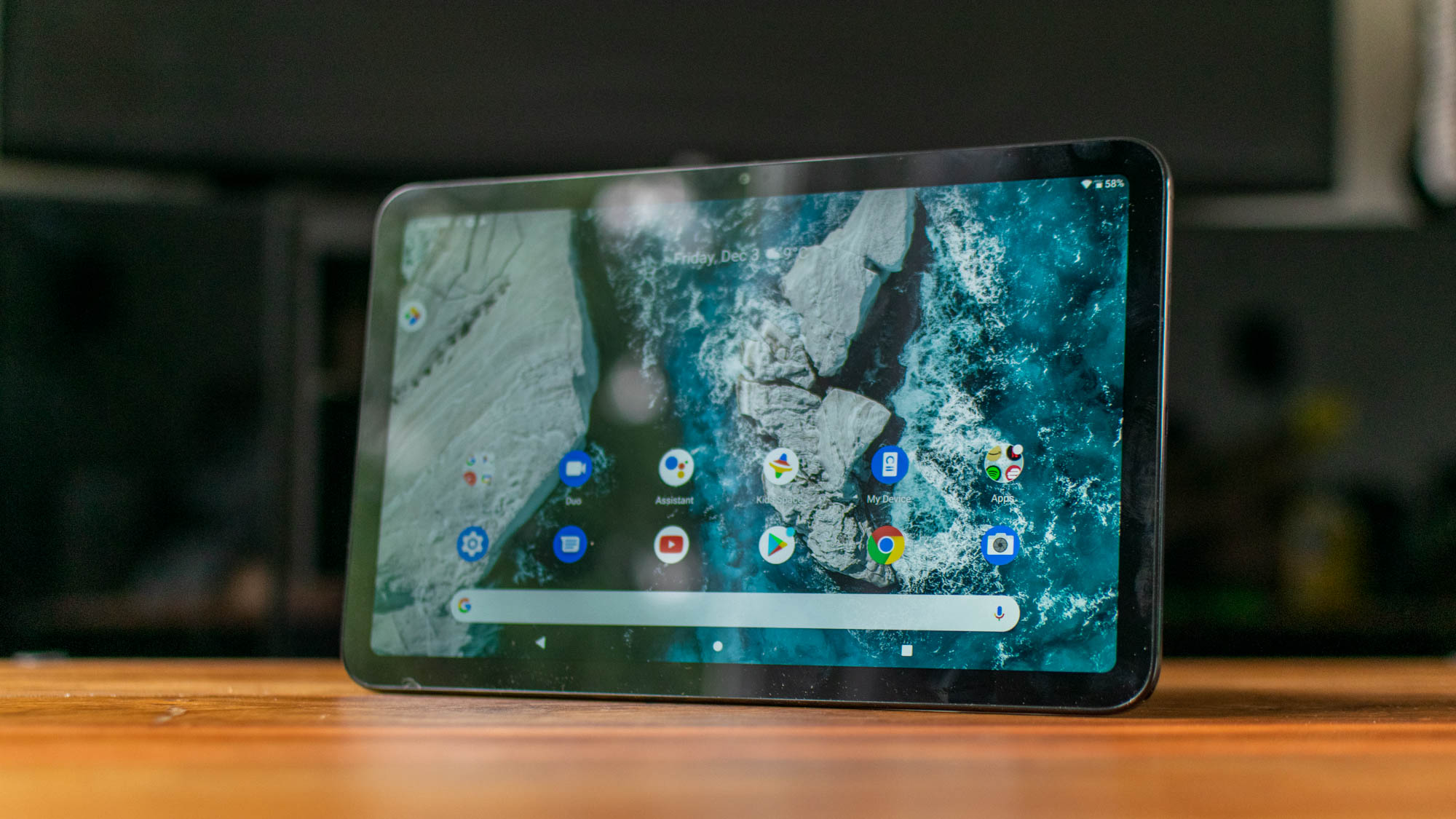
 Nokia T20 review: A simple, sturdy Android tablet at an SMB-friendly price
Nokia T20 review: A simple, sturdy Android tablet at an SMB-friendly priceReviews It’s not as luxurious as an iPad, but the T20 makes a fine, functional tablet for business